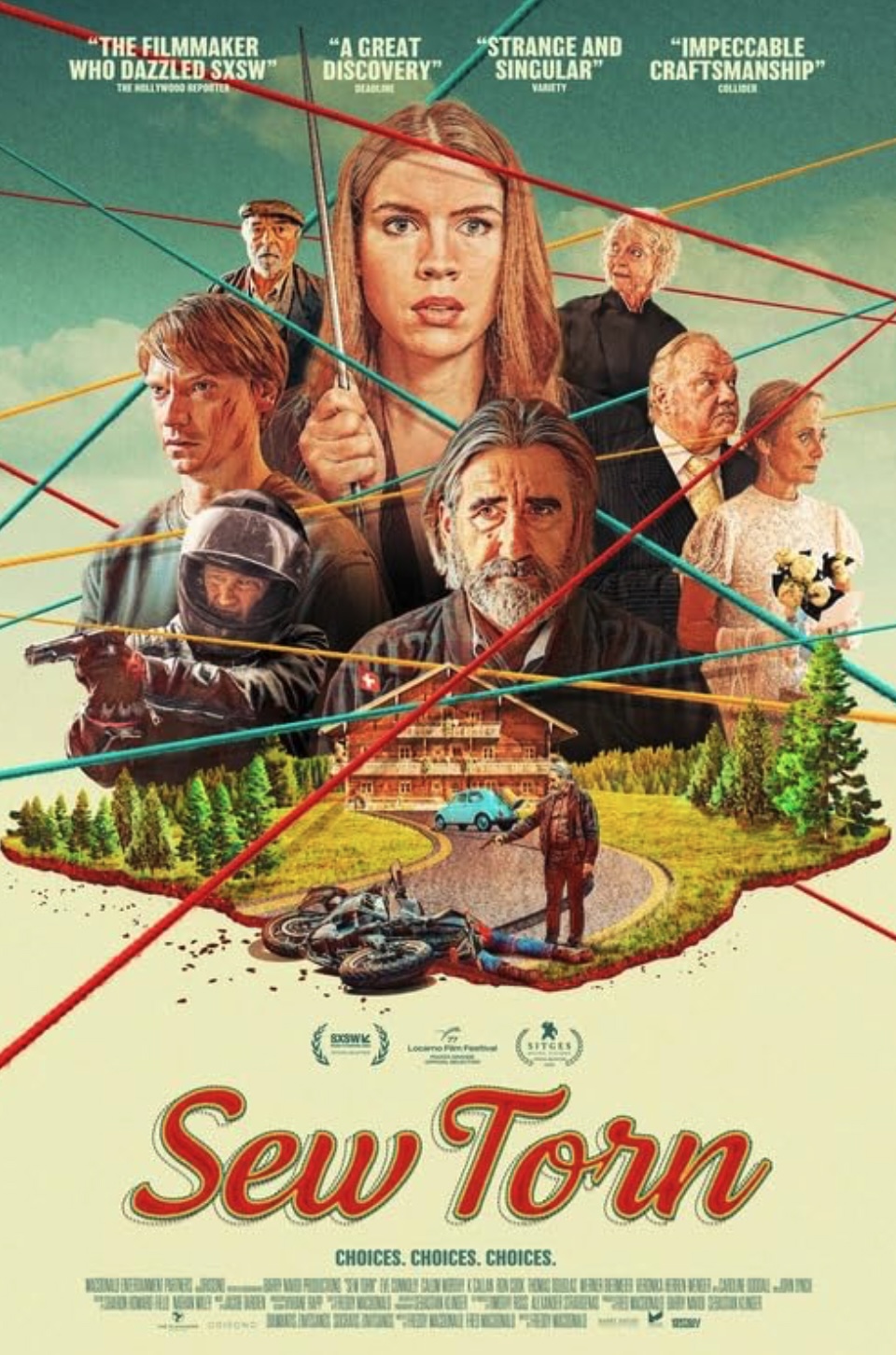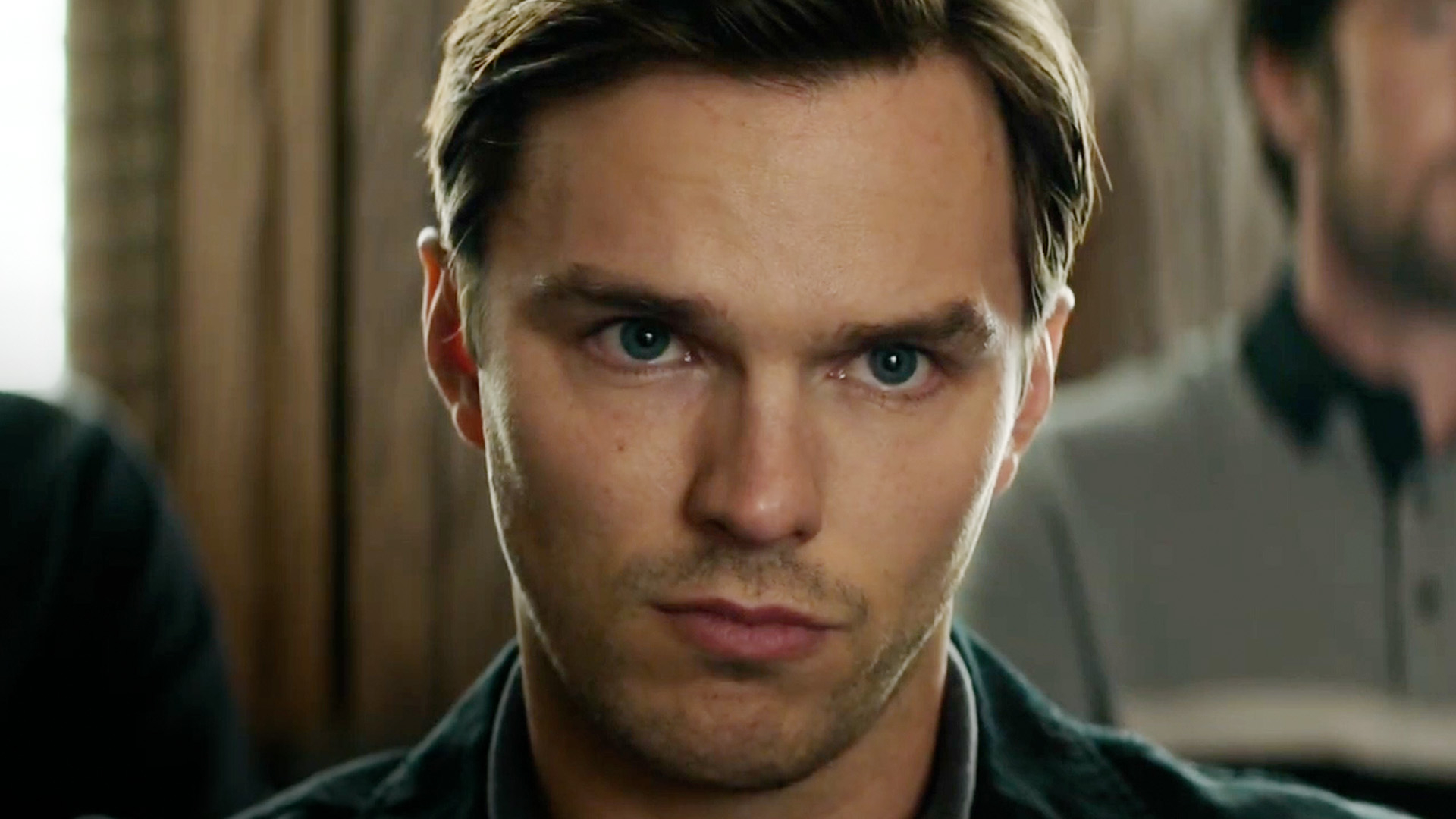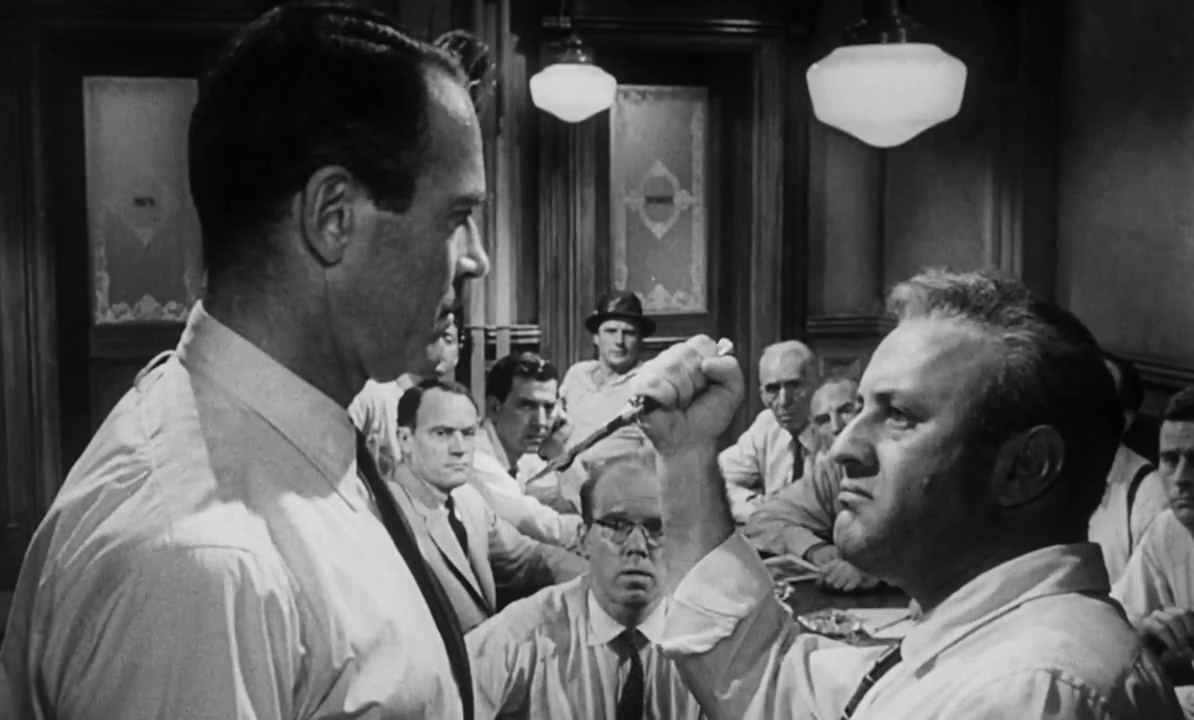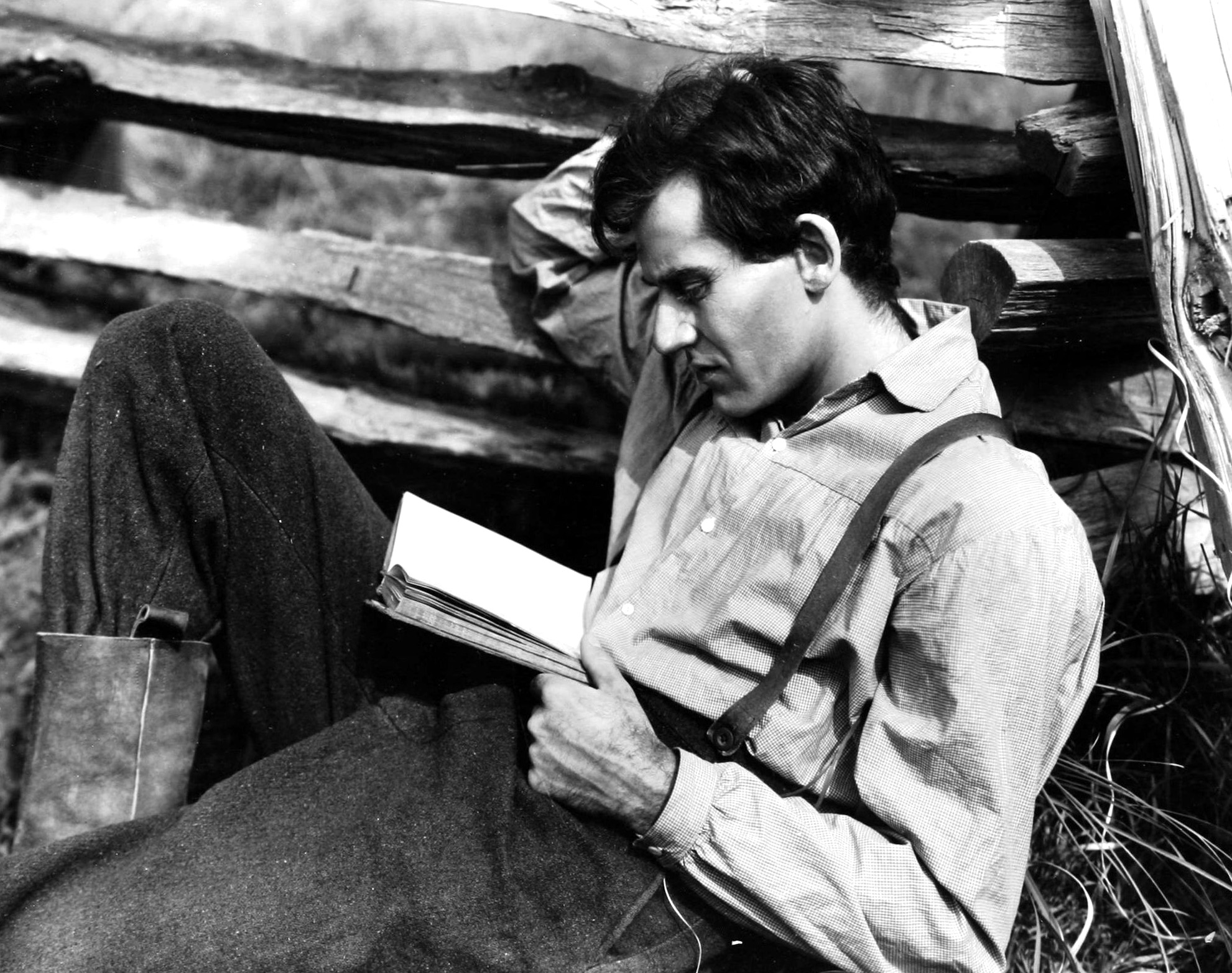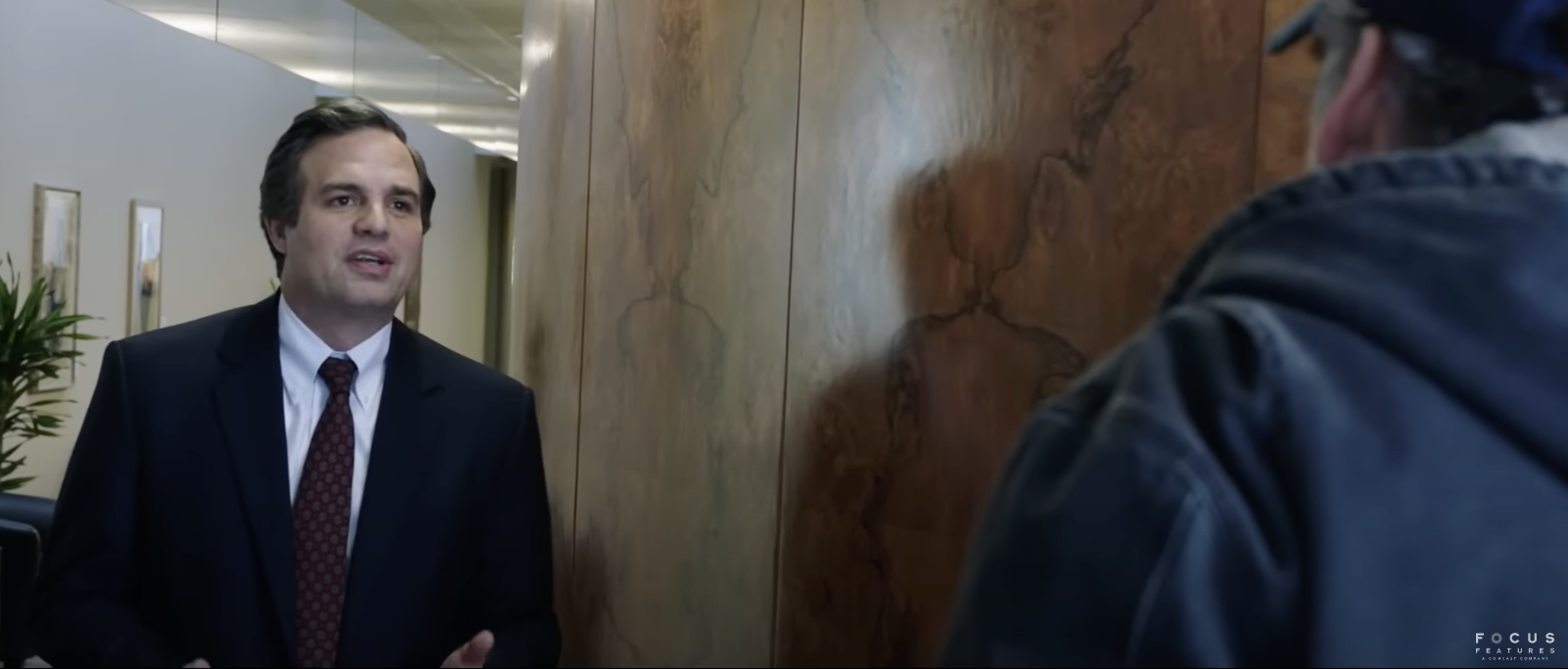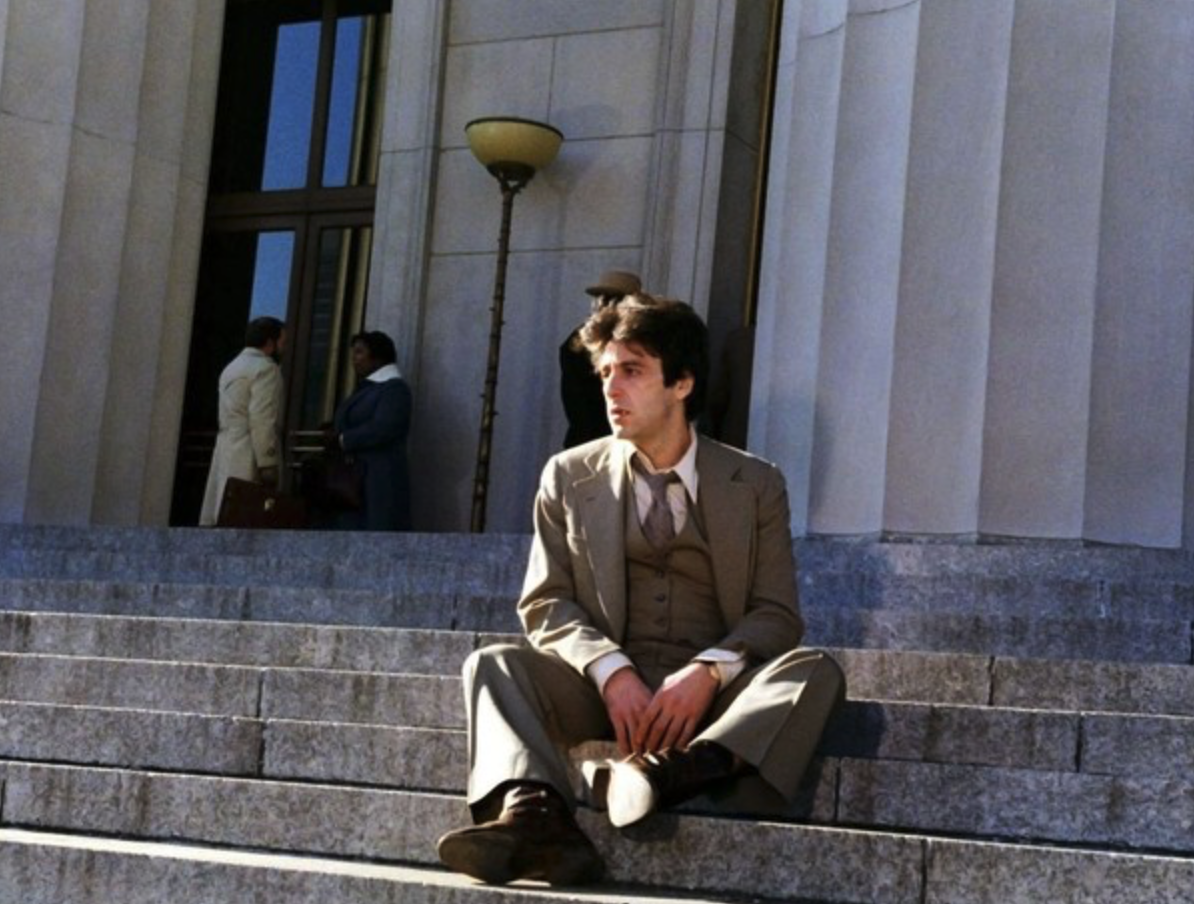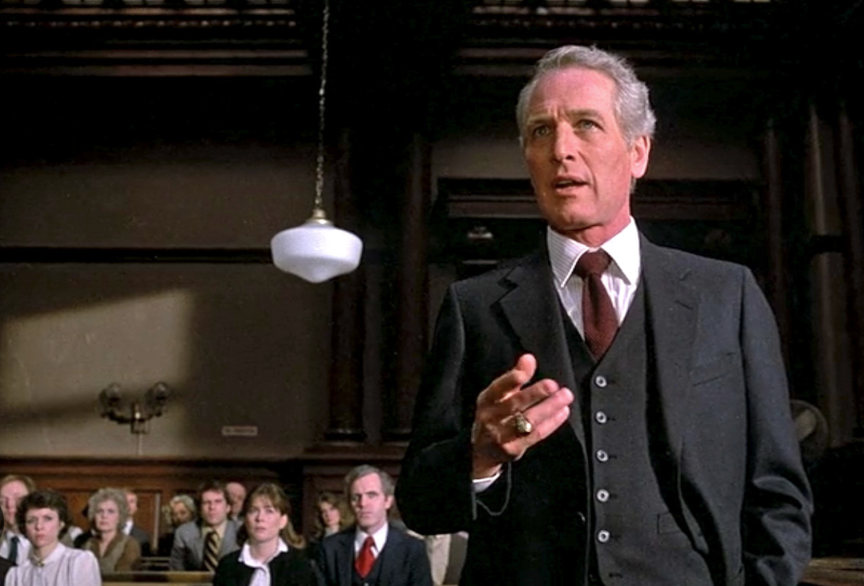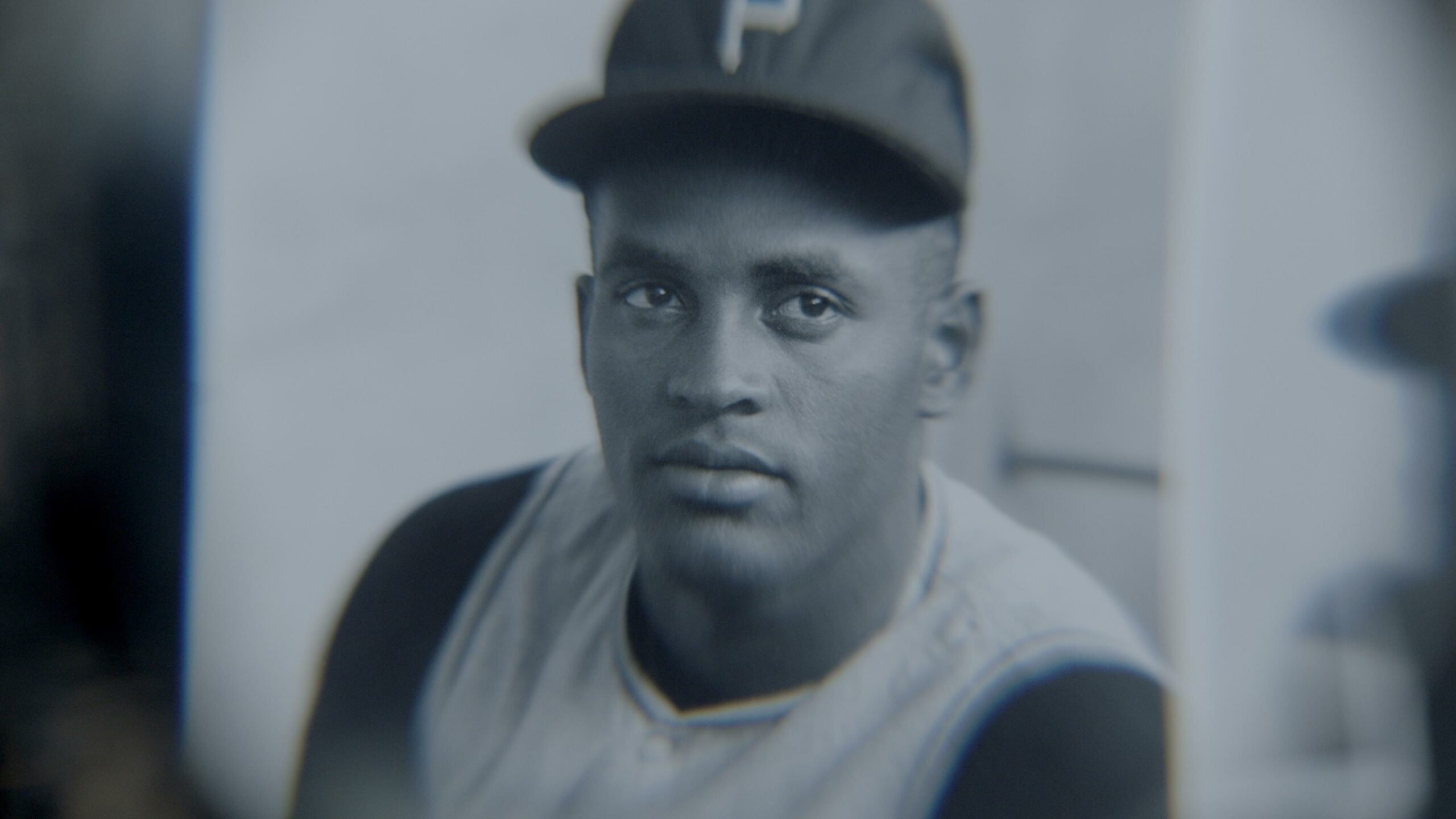Zavitsanos Twins Set Their Sights on Filmmaking, Law
Twenty-six-year-old identical twins Socratis and Diamantis Zavitsanos often finish each other’s thoughts and sentences, although Diamantis talks a little more than his brother. Socs and DZ, as they’re known to friends, are both getting ready for law school in the fall, most likely at the University of Michigan, and they both speak passable Greek. But what they really want to do is make movies.
